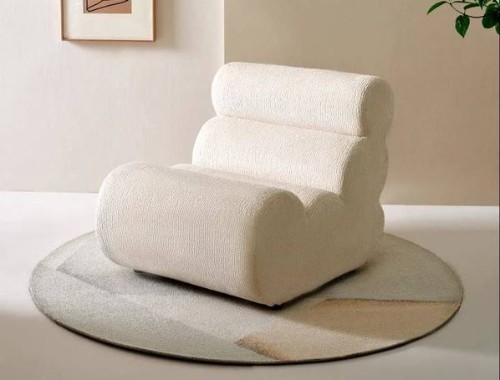Boiler rule delay could help U.S. furniture plants
The U.S. Environmental Protection Agency is seeking an extension on issuing final rules for Boiler MACT, parts of which could have costly implications for U.S. furniture manufacturers.
WASHINGTON — The U.S. Environmental Protection Agency is seeking an extension on issuing final rules for Boiler MACT, parts of which could have costly implications for U.S. furniture manufacturers.
A new proposed rule was issued earlier this year for Boiler MACT, which stands for Maximum Achievable Control Technology. It would have prevented furniture manufacturers from using wood as a combustible fuel for their boilers, according to an American Home Furnishings Alliance press release.
The proposed boiler rule lumped this dry wood fuel into a larger biomass category that includes less clean fuels such as "wet" wood, pulp, bark and animal waste, the AHFA said.
The EPA said in a press release that it received comments that "shed new light on a number of key areas, including the scope and coverage of the rules and the way to categorize the various boiler-types."
Without the extension, the EPA is on a court-ordered timeline to issue final rules by Jan. 16. The extension would allow another 15 months for the EPA to release rules.
It would push back the final release of the rule to April 2012 and would allow another public comment period.
AHFA Vice President Bill Perdue organized a last-minute visit to U.S. senators last week to give furniture executives a chance to convey implications of the proposed rule. Company executives from Vaughan-Bassett Furniture, Stanley Furniture, Ashley Furniture Inds., Kincaid Furniture, Furniture Brands International and Gat Creek took part.
"The senators we met with last week understood and agreed that the proposed rule would have been harmful to U.S. competitiveness in several industries, including residential furniture," Perdue said in a press release.
Micah Goldstein, chief operating officer for Stanley, said that the proposed rule as written would be cost-prohibitive for a variety of industries, including furniture, door, that burn wood for energy.
"We're looking for standards to be set based on the type of fuel that we combust in our boilers," Goldstein said. "Don't hold us to the same standards and make us go through the same extensive processes as you would make somebody go through that's burning other types of biomass that are very different from what we burn - wet fuel for instance or livestock waste."
-

Quanyou teamed up with the fashion brand ANNAKIKI to launch a new joint product!
-

Outer, an outdoor furniture brand founded by Chinese, enters the Australian market
-

National Bureau of Statistics: The retail sales of furniture in the first three quarters reached 120.5 billion, an increase of 20.7%
-

Enveloping lounge chairs and lightweight office chairs from Arper feature

 沪公网安备31010402003309号
沪公网安备31010402003309号



